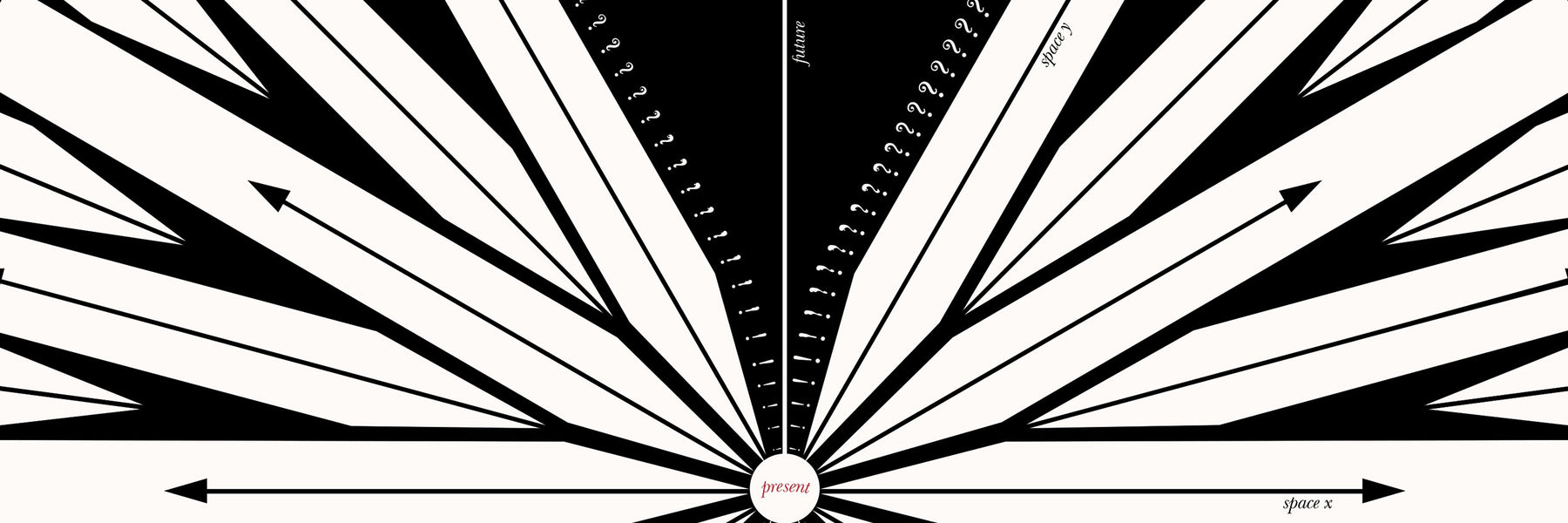
Marcus Aurelius

Marcus Aurelius was a preeminent stoic philosopher, but still found time to be the Emperor of Rome from 161 to 180 AD. This quotation is from his personal journals, now known as the Meditations, where he admonishes the reader for being such a procrastinating worrywart. It would be pretty harsh of him, were he not also the intended reader (journal, remember?). You can think of Aurelius as your own personal Jiminy Cricket but with fewer dance numbers and more facial hair.
Upon revisiting Meditations, we found striking similarities between stoicism and Buddhism. We were not the first to make this connection, in fact author Nassim Taleb apparently once quipped, “a Stoic is a Buddhist with attitude.” We agree. Stoicism is the philosophical whiskey to Buddhism's beer. It's a Buddhism sandwich with a side of spicy “get your crap together.” Those are technical definitions.
After the past several years, with too much time worrying about things beyond our control, and consequently getting too little done, Aurelius' Meditations is a much-needed kick in the pants.
We love this particular quotation’s simplicity, a call to put down all of the “what ifs” that daily life elicits, and to focus on the here and now. We also love the translation (from the original Greek) of the word “confine.” In the same way that an artist needs constraints, and babies prefer swaddling to flailing legs and arms, the word “confine” shows us how useful limits can be. It invites us to restrict your far-reaching consciousness to only what is in front of you. There’s a reason that mindfulness is called being “present,” folks! Maybe it's time to put aside the mental barrage of countless concerns that are beyond our control, both temporally (the past and the future), and spatially (there vs. here).
In our illustration, two cones, future and past, taper to a central moment under an assault of imagined swords. The cones form the shape of an hourglass or if you want to get really nerdy, a Minkowski space-time diagram. The swords fall outside of the possible future and past paths, showing the pointlessness of idle worry, leaving the wide-open space of possibility that only focus can manifest.


Our favorite copy of Meditations is from Penguin Classics.


